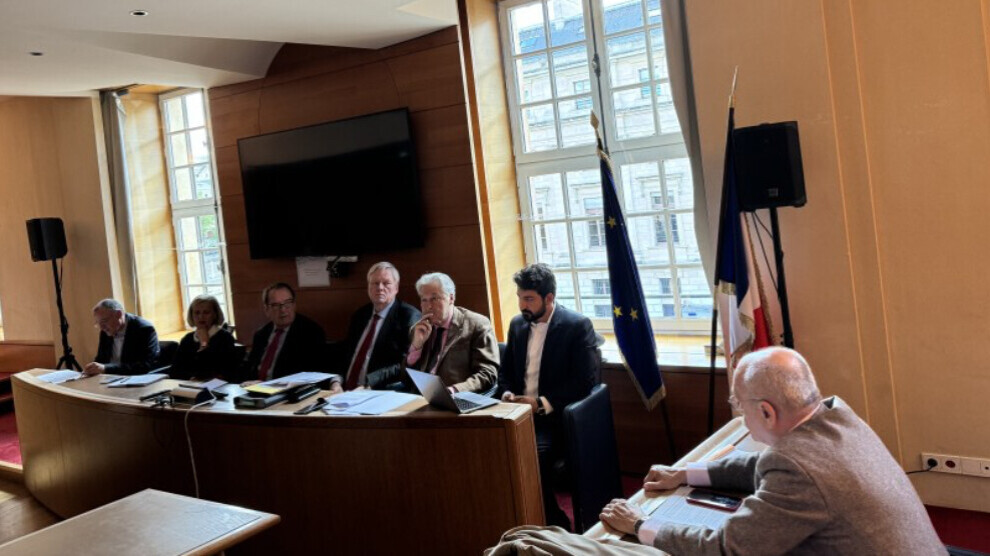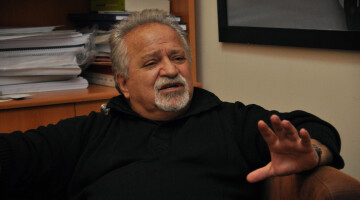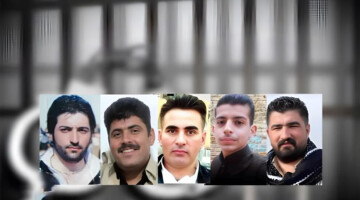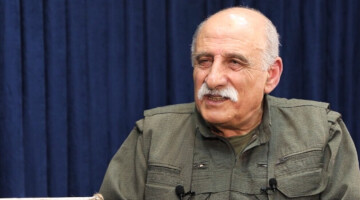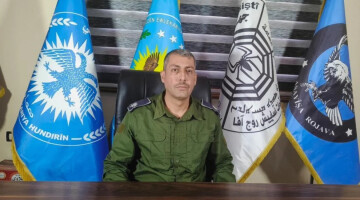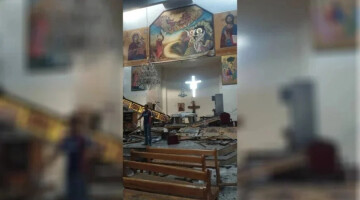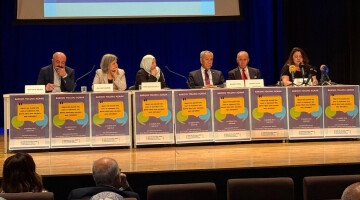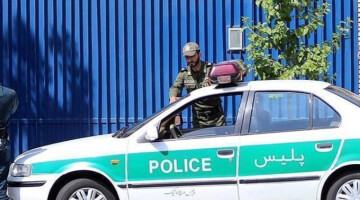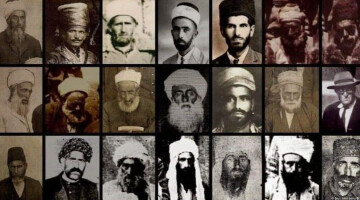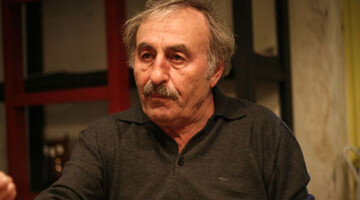The Coordination for National Solidarity with Kurdistan (Coordination nationale Solidarité Kurdistan-CNSK) organised a conference in Paris, bringing together renowned speakers including French lawyers Christian Charrière Bournazel, David Andic, Antoine Comte and Jean-Louis Malterre, as well as Belgian lawyer Jan Fermon, Paris councillor Geneviève Garrigos and academic Pascal Torre.
In his introductory speech, Christian Charrière Bournazel, former President of the Paris Bar Association, stated that the arrest and deportation of Kurds in France should be condemned and emphasised that this was seen as an extension of Turkish oppression to French territory.
‘Gültekin was handed over to Turkish intelligence like a parcel’
Lawyer David Andic took the floor to present the case of Serhat Gültekin, a Kurdish activist who was deported to Turkey last April and condemned what he called "disguised extradition".
Noting that Gültekin was deported despite repeated warnings of the risk of arrest in Turkey, Andic emphasised that the way Gültekin was deported was "abduction". Lawyer Andic added that the activist suffers from a serious illness called Marfan syndrome and said, "His hands were tied and he was beaten to prevent him from resisting. All this was done in secret, which shows that we are no longer under the rule of law. Serhat was transported like a cardboard box and handed over like a parcel to the Turkish intelligence service waiting for him on the tarmac at Istanbul airport."
Andic concluded: "This is a clear violation of Article 3 of the ECHR, not to mention a violation of the principle of non-refoulement".
Measures of intimidation
Lawyer Jean-Louis Malterre referred to measures taken by the French authorities to freeze the assets of Kurdish activists, describing them as "measures of intimidation". "Refugee status is no longer the protection intended by the Geneva Convention," Malterre said, also raising the issue of the revocation of refugee status.
‘International law undermined since 2001’
Geneviève Garrigos, a Paris councillor and former head of Amnesty International, pointed out that international law had been undermined since 2001. "This was also the time when the PKK, like many other opposition or minority organisations, was labelled a terrorist organisation.”
Garrigos continued: "The terrorist label makes it possible to evade national and international law. It has been applied recklessly in Kurdish cases. On the other hand, when a terrorist attack is carried out against Kurdish activists (the massacre on 9 January 2013), defence secrecy is invoked. The murders in 2022 could only have been planned in advance. We don't understand how this is not classified as terrorism."
The human rights defender also stated that the principle of non-refoulement is violated when the terrorist label is applied, and concluded: "When ISIS emerged, everyone was celebrating the Kurdish resistance. Today, we cannot deliver justice for the three Kurdish activists killed in Paris. A community fighting for their rights is being harassed. I am ashamed of this double standard."
‘50 Kurdish activists have had their status revoked’
Academician Pascal Torre evaluated the detentions and arrests of Kurdish activists in France: "In ten years, the length of detention for Kurdish activists has increased from 6 months to 2 years. We are seeing an increase in asset freezes for actions such as attending a demonstration or meeting with elected representatives. It is estimated that 50 Kurdish activists have now had their status revoked."
Pascal Torre added the following: "The Kurds are seen as heroes in the Middle East and terrorists here. The fight against terrorism cannot be carried out without certain reasoning. The labelling of the PKK as a 'terrorist organisation' serves to criminalise Kurdish activists. Keeping the PKK on the list of terrorist organisations prevents any future dialogue, even though the PKK is one of the stabilising forces in the region. It means allowing Turkey to impose its agenda on Europe."
"At a time when Erdoğan is weakened and the Middle East is on fire, France must abandon its narrow-minded policy. We call for a fundamental change of policy and the protection of the Kurds in the country."
Belgian lawyer Jan Fermon made a presentation under the title "France's export of repression to Belgium", drawing attention to the recent raids on Kurdish media organisations in Belgium.
"This is a new episode in a series that has been going on since 1996," said lawyer Fermon about the raids on Kurdish television channels in Belgium on 23 April.
The lawyer noted that since 1996, Kurdish TV channels have been subjected to legal attacks in Belgium due to co-operation agreements with Turkey.
In 2020, the Belgian Court of Cassation ruled that the PKK is not a terrorist organisation because the law of war takes precedence over domestic law, said Fermon and added: "On 23 April 2024, following a request for legal aid from France, the premises of Kurdish television channels in Belgium were searched. In doing so, the French judge ignored the decision of the Belgian Supreme Court. He is conducting an investigation into an activity that does not constitute a criminal offence in Belgium."
‘Fundamental rights are being sacrificed in the name of diplomacy’
Antoine Comte made the last speech of the conference, denouncing the cynicism of European justice. "The French judge is intervening in Belgium in exchange for information provided by Turkey on ISIS. Fundamental rights are being sacrificed in the name of diplomacy."

